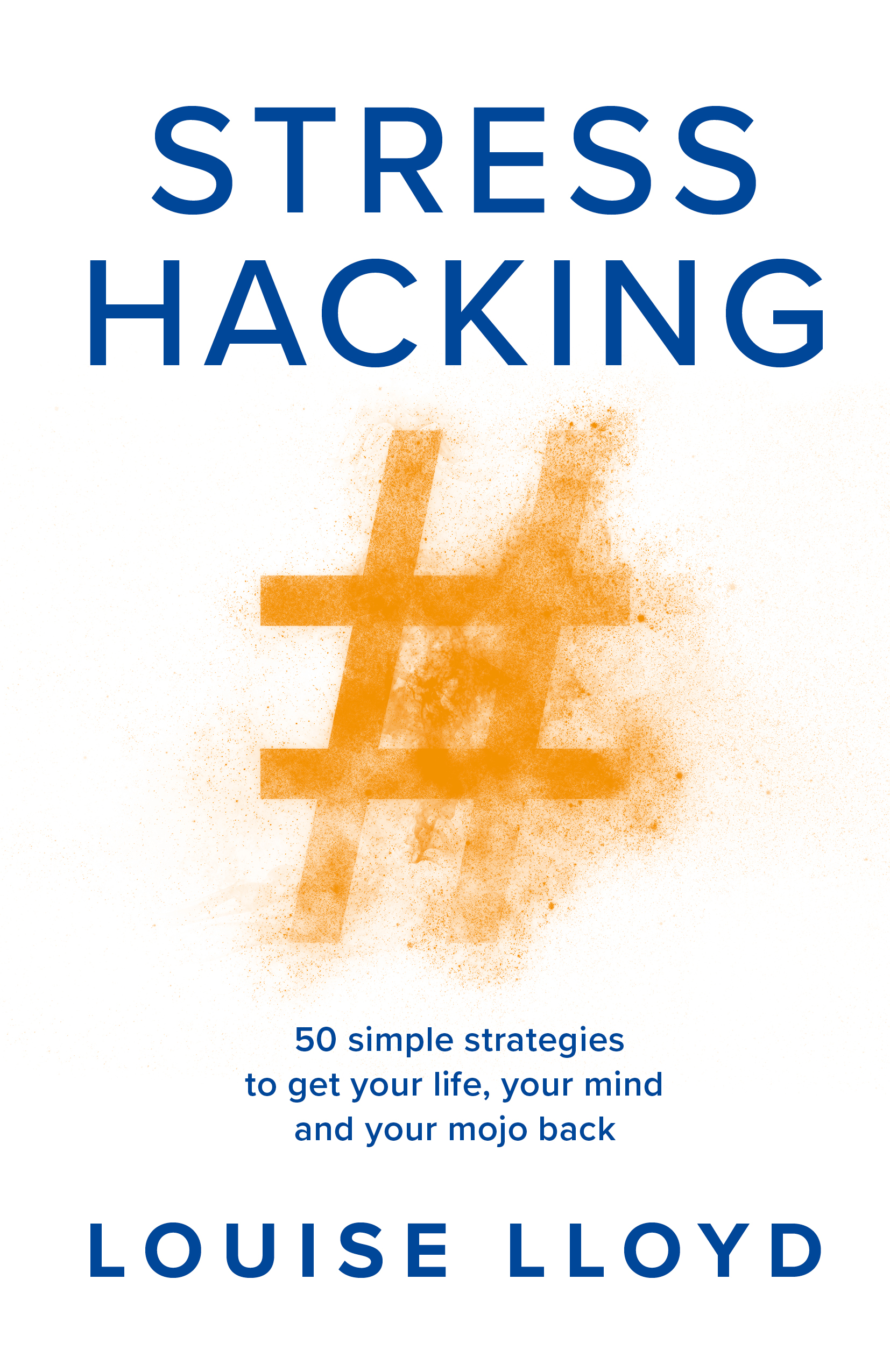View this post on Instagram
When the subject of kindness comes up, perhaps our first thoughts are on whether we are kind enough to others—but do we ever reflect on whether we are kind enough to ourselves?
Before reflecting on that, perhaps it would be helpful to take a moment to think about what kindness actually means. Most dictionaries point toward the quality of being friendly, generous, and considerate. When I asked people what kindness meant to them, things like being loving, caring, supportive, honest, encouraging, patient, and forgiving were the most common responses.
Most of us no doubt try to be all of those qualities to others, as best we can, but the question is:
Are we kind to ourselves and if not, why not?
I’m sure there are many answers to this question for many different reasons. Perhaps there is an underlying belief that being kind to ourselves is selfish or narcissistic in some way. Perhaps we feel like it is making too much of a fuss. Maybe we are too busy to think about whether we are kind to ourselves. Perhaps we just don’t give ourselves a second thought at all, and I wonder why that might be.
Could it be that we don’t have enough self-love or self-worth to show ourselves the kindness that we deserve? Maybe we just haven’t thought about the practical ways that we could be a little kinder toward ourselves.
So, here are my top 10 tips on being kind to yourself in everyday, practical life:
1. Give yourself permission to be you
We’re all unique individuals with different personalities, strengths and weaknesses, likes and dislikes, values, beliefs, goals, and dreams.
When you give yourself permission to be you in life, there’s an ease to who you are. You can be honest with yourself, others, and in life. When you feel at ease being yourself, you allow others to do the same and you let go of comparisons and judgements of both yourself and of others.
2 Drop perfectionism
Perfectionism is nothing to do with high standards. Perfectionism is the harsh inner critic that comes from low self-esteem and a feeling of not being good enough.
Of course, you want to do your best but whilst you are doing your best, give yourself permission to learn and improve as you go. We are all constantly learning and evolving, and that’s a great thing.
Let yourself have a go at things in life with the knowledge that whatever the result may be, you, in and of yourself, are enough.
3. Become your own-best-friend-self
Think about the qualities of a best friend—supportive, understanding, caring, honest, encouraging, and nonjudgemental. They’re there for you—when you’re happy and when you’re not. They celebrate with you when things are going well, and they encourage you when things aren’t going so well. They hold you accountable to be the person you’re capable of being and they’re honest with you. They’ll tell you when they think you’ve made a mistake, but they’ll do so lovingly and nonjudgmentally.
What would life be like if you could be those things for yourself? Is it time you were a bit more supportive of yourself in life, just as a best friend would be? Every time the harsh inner critic, own-worse-enemy-self is having a go at you, stop it in its tracks and ask yourself, “What would my own-best-friend-self say to me right now?”
4. Empower yourself
There are many things in life that are beyond our control, but one thing that is in our control is what we choose to bring to life. Pay attention to who you are choosing to be. Notice your thoughts, words, choices, and actions. Are they in alignment with who you want to be and what you want to bring to life?
And that’s where the empowerment really comes in; if you’re not being who you want to be in life, or responding to it in the way that you want to, then you can change it all. Your thoughts, words, choices, and actions can change—you can change, if you want to.
If you wish to be kind today, do your thoughts, words, choices, and actions reflect kindness?
5. Nourish your body
What drives your diet and exercise choices? Are you looking after your body with the love and kindness it deserves, or are your diet and exercise choices driven by how you think you should look?
Often, diet and exercise choices are driven by a belief that if we look a certain way, we will be more attractive, more accepted, more loved. But what if you cared about yourself enough that you wanted to take care of your body so that it could serve you well in life?
Look at your dietary choices and ask yourself, “What better choice could I make today that would provide my body with the nutrients it needs? What would it be good for me to cut down on? What would it be good for me to increase? And how can I do that in a way that works for me?”
The same with exercise—ask yourself whether your body feels fit, strong, and supple enough to enable you to have enough energy to live life well? What would your body benefit from doing a bit more of and in what way would that work for you? Is there anything it would benefit from doing a bit less of and what will you do instead of that?
6. Nourish your mind
Do the things that you read/watch and listen to inspire and engage your mind? Do they promote a positive outlook in life? What we digest on all levels has an effect, the question is, is it the effect we want? If you want to have peace of mind and be a solution-orientated thinker, does what you read, watch, and listen to inspire that level of thinking? It’s all a matter of choice, and there isn’t a right or wrong way.
You choose what you digest in your mind. The question is, does what you digest serve you? Is it kind?
7. Nourish your emotions
How often do you take the time to notice how you feel? When we ask each other “How are you?” we usually have our default “Fine, thanks” answer. But do we know how we feel? We’re so used to bypassing that awareness by jumping straight to distraction whenever we feel even a hint uncomfortable.
That’s one of the great benefits of breath practices and meditation, in that they allow us the time and space to not only notice our feelings but also to process them.
What practices do you do that allow you the time and space to notice and process how you feel? What might you be ignoring? Suppressed feelings are still there, even when we are ignoring or numbing ourselves to them. They’ll still be causing an effect in our life whether we notice that or not.
Be kind and caring enough to yourself to take the time to listen to how you feel today. As human beings, it’s normal for us to experience a whole range of both positive and negative thoughts, feelings, and emotions as we navigate our way through life experiences. Allow yourself the time and space to acknowledge how you feel and to ask yourself what you need.
Also, rather like the last tip of nourishing your mind, try to notice how what you’re reading, watching, and listening to makes you feel. You can choose to nourish your emotions by reading, watching, and listening to things that help you to feel good—things that elevate your mood, open your heart, and inspire kindness and generosity. If you want to feel that way it will really help to limit negativity in your life, whether that’s negative social media, the news, TV, or negative people.
There’s no right or wrong, but we have a lot more control over how we feel than we sometimes realise, and what we choose to digest through the things we are reading, watching, and listening to all play their part.
8. Rest and pacing
Does the pace of your life feel sustainable? Do you rest enough to allow yourself to give your best to life and to have the energy levels to enjoy some of it along the way?
Learning to look after your energy levels is essential if you want to thrive in life. Pacing yourself is the key. If you were going to run a marathon you would need to appropriately pace yourself to ensure you got to the finish line. You wouldn’t flat-out sprint from the start line because you know that pace would unlikely be sustainable (well, for most of us ). And yet so many people are taking that approach to life—trying to sprint through each and every day, running so fast through life that it is passing them by without them even noticing.
As Gandhi wisely said, “There is more to life than just increasing its speed.”
Pace yourself, rest when you need to, breathe.
9. Respect
Kindness needs boundaries. Being kind does not mean letting anyone treat you with a lack of respect. But it starts way closer to home than that. It means treating yourself with kindness and respect.
If you are a people pleaser, you will often trample all over your own values and needs trying to keep everyone else happy, and you’ll probably have already realised that it’s impossible to keep everyone happy. Having healthy boundaries isn’t about building defensive walls and being ungenerous with others; it’s about allowing yourself to be able to give to others without burning yourself out in the process. Having healthy boundaries shows people how you want to be treated and it builds healthy interdependent relationships rather than codependent ones.
Respect yourself enough to look after yourself by having healthy boundaries. Learn to say no when you need to and own what you choose to spend your time and energy on.
10. Choose love
All of the above tips are just some of the examples of how you can treat yourself with a bit of kindness. Perhaps kindness is about caring and looking after ourselves in the same way we try to do that for others.
The above tips aren’t things we should do; they are things that we would naturally do if we cared enough about ourselves in a loving, kind way. I have found that there is a very simple way to reflect on whether or not I am being kind to myself and to others, and that is to ask myself in any given moment or situation,
“What would love do now?”
In conclusion, all of the above are simply suggestions on practical ways that we can be kind and caring to ourselves as well as others. There’s no one-size-fits-all. If we take the time to reflect on the areas that we could be kinder to ourselves, we will all likely have one or two key areas.
I encourage you to take the time to reflect on this personally and to look for ways that you can be kinder to yourself in a practical way. Maybe that’s as simple as taking a deep breath the next time you are struggling, and asking yourself, “What’s the most loving thing I can do for myself right now?”
In the words of your very own-best-friend-self, “You are, without doubt, worth being kind to.”









Read 0 comments and reply